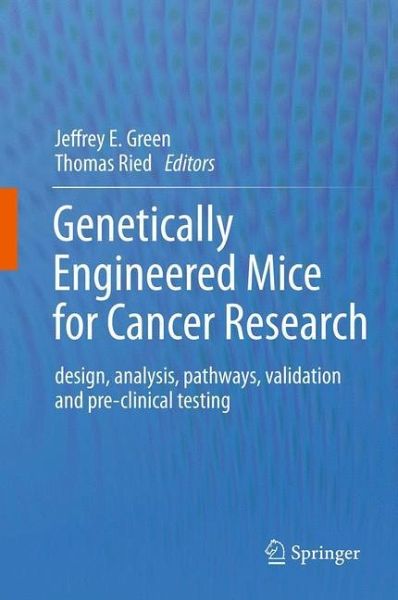
Genetically Engineered Mice for Cancer Research
design, analysis, pathways, validation and pre-clinical testing
Herausgegeben: Green, Jeffrey E.; Ried, Thomas
Versandkostenfrei!
Versandfertig in 6-10 Tagen
113,99 €
inkl. MwSt.

PAYBACK Punkte
57 °P sammeln!
Genetically-engineered mouse models for cancer research have become invaluable tools for studying cancer biology and evaluating novel therapeutic approaches. This volume focuses on state-of-the-art methods for generating, analyzing and validating such models for studying aspects of human cancer biology. Additionally, these models are emerging as important pre-clinical systems in which to test cancer prevention and therapeutic strategies in order to select compounds for testing in clinical trials.














